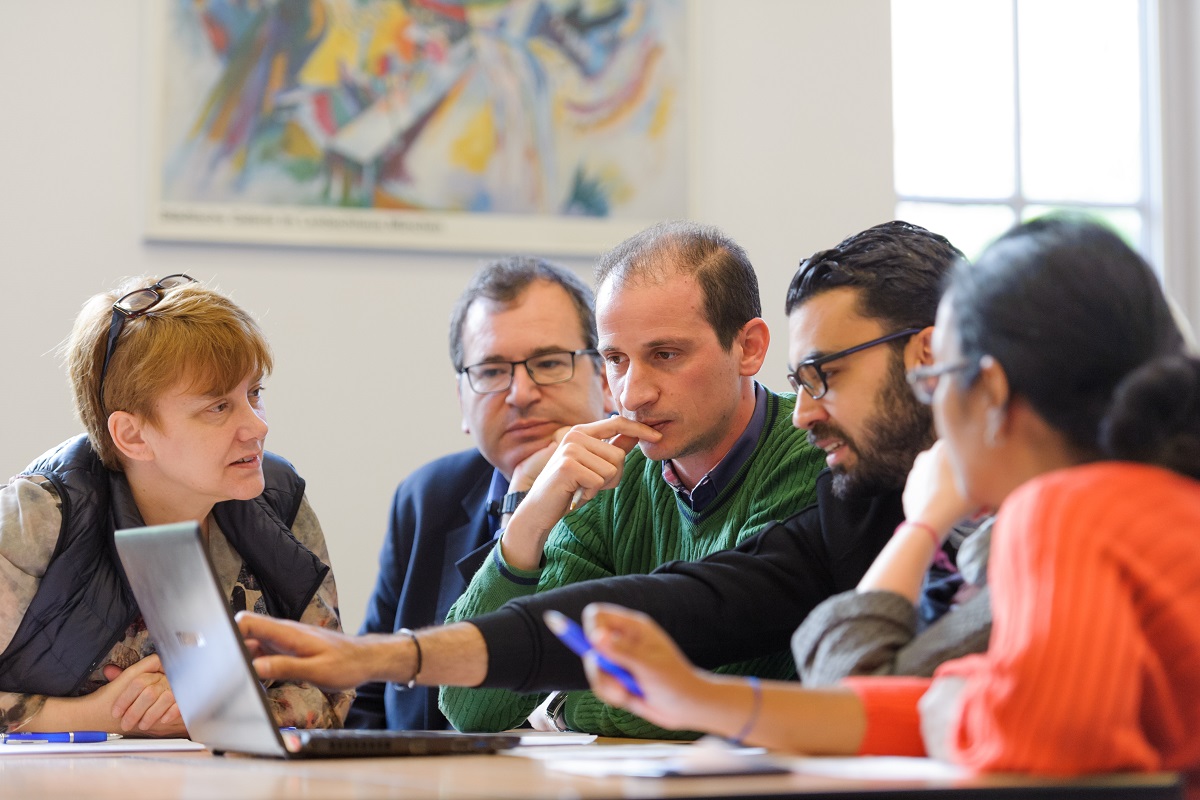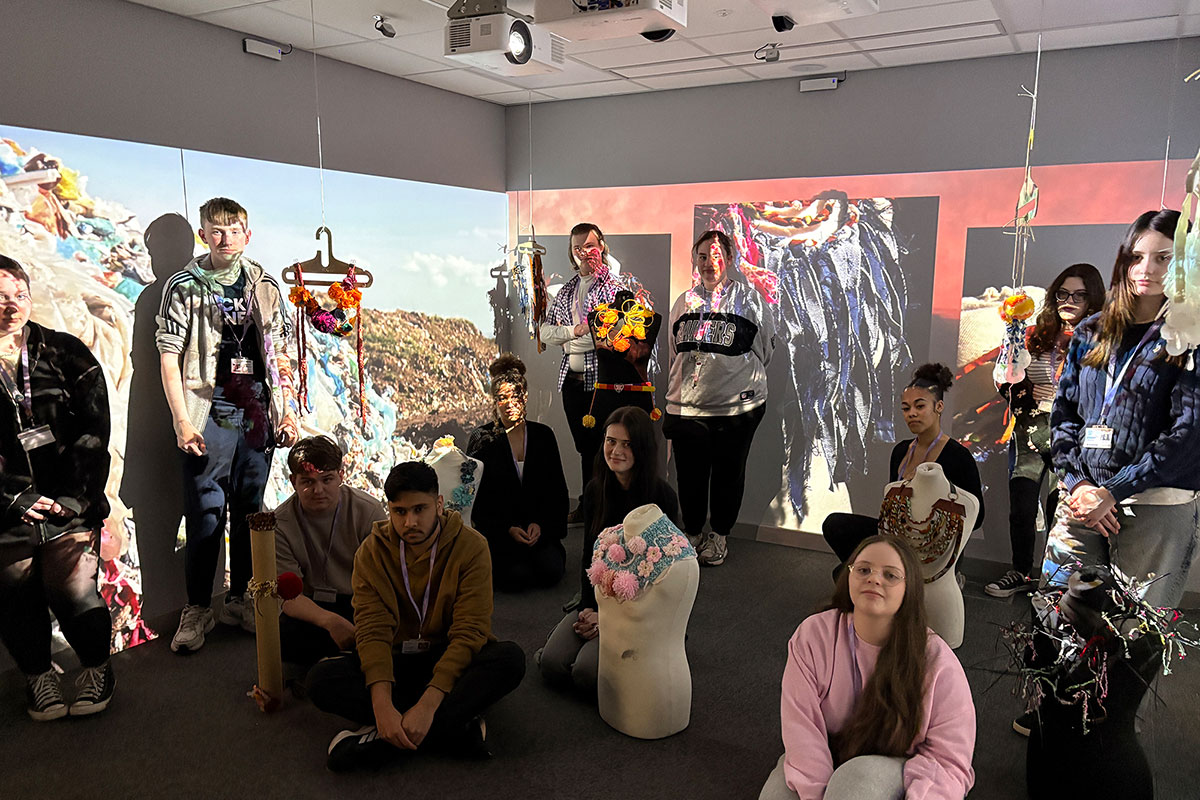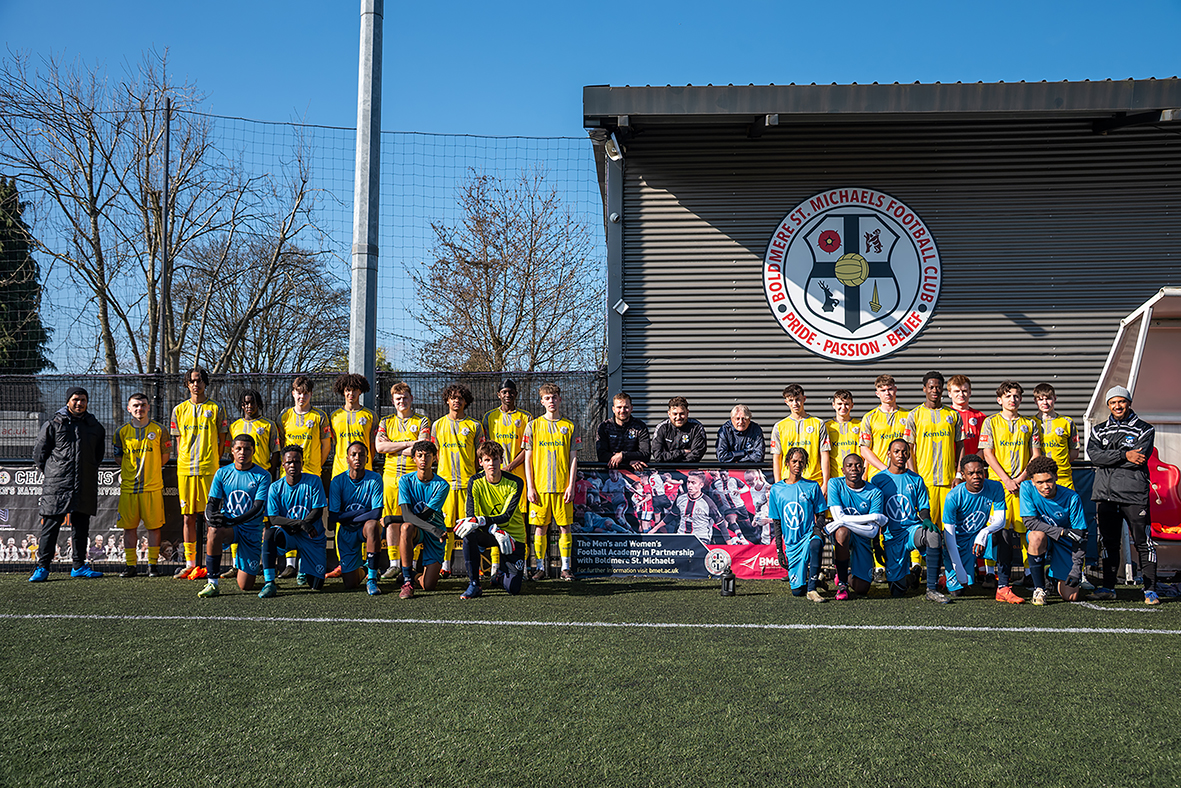Closing the Digital Skills Gap: The power of collaboration to upskill the nation

The New Government’s Focus on Skills
It’s encouraging to see that the new Labour government is clearly focused on powering up the skills of the nation, launching Skills England, which supports young people in developing the skillsets needed to thrive in the modern workplace, within its first 100 days.
The Current Challenge
However, inequalities in opportunity means there are vast differences in skill levels. This combined with the rapid adoption of digital technologies, means the digital era skills gap remains and a new divide has emerged due to AI-driven technologies and practices. The 2022 Digital Strategy found that over 80 per cent of all jobs advertised in the UK require digital skills and yet over a third of young people in the UK report don’t study a ‘digital or tech subject’ beyond Key Stage 3.
Youth Interest and Barriers
The appetite for learning is there, with 79 per cent of young people reporting their interest in training or retraining in basic, or advanced, digital skills.
However, many people looking to do this encounter barriers. These factors could include struggling to find suitable courses, believing the misconception that highly technical roles only exist in the digital sector, and encountering difficulties in gaining real-world experience through internships.
Diversity and Inclusion
There is also a diversity and inclusion challenge, with just 21 per cent of young people believing the tech industry to be representative of the UK as a whole, which may put off some demographics from applying for roles in the first place.
The Solution: Cross-Industry Collaboration
To unlock economic growth, it is imperative that current barriers are overcome without delay and the solution is clear: cross industry collaboration that pools knowledge and networks to give young people the wrap around support they need.
The Role of Key Stakeholders
Through a collaboration between universities, businesses and charities and other educators, these hurdles can become a thing of the past, with each party bringing something different to the solution.
Universities offer invaluable knowledge through a wide range of courses, as well as close connections to many businesses and charities.
Charities help to identify and support young people from diverse backgrounds, ensuring that opportunities are accessible, while employers help inform what skills are needed in the workplace and can offer employment opportunities.
These stakeholders also help to connect local and national government, identify policies to support young people and deliver knowledge of education in both the private and public sectors.
Building an Inclusive Pipeline
This collaborative approach ultimately helps build a more inclusive hiring pipeline by offering internships, apprenticeships, and entry-level roles tailored to young people’s needs, through a diverse range of educational institutions.
Progress and Future Focus
Over the past six years, the sector has brought together universities, charities and businesses, united behind the common goal of providing people from all walks of life with access to digital learning and the opportunity to pursue careers powered by digital technologies.
However, to keep progressing on closing the digital skills gap, it’s important that we all continue to keep reviewing the skills needed for the future, to deliver the right learning to those entering, upskilling or retraining in the workplace. This progress includes aligning with industry to ensure that the talent pipeline we are building meets the needs of the business as well as individuals.
The Opportunity Ahead
In this pivotal moment with the opportunities of a new government, collaborators can seize the momentum to redefine our approach to skills development. The launch of Skills England has the potential to be more than just a policy initiative. It’s a call to action for every stakeholder—governments, businesses, universities, and charities—to come together in an unprecedented coalition of support and innovation.
A Collective Path Forward
No one party can tackle the digital skills gap, but together we can ignite a transformation that not only equips our youth for the jobs of tomorrow but also fuels the very engines of economic growth and social equity.
By breaking down existing barriers and fostering an inclusive environment through collaboration, we can ensure that every young person, regardless of their background, is empowered with the skills and confidence needed to thrive in a rapidly evolving digital landscape.
By Professor Rachid Hourizi MBE, Director of the Institute of Coding (led by the University of Bath)











